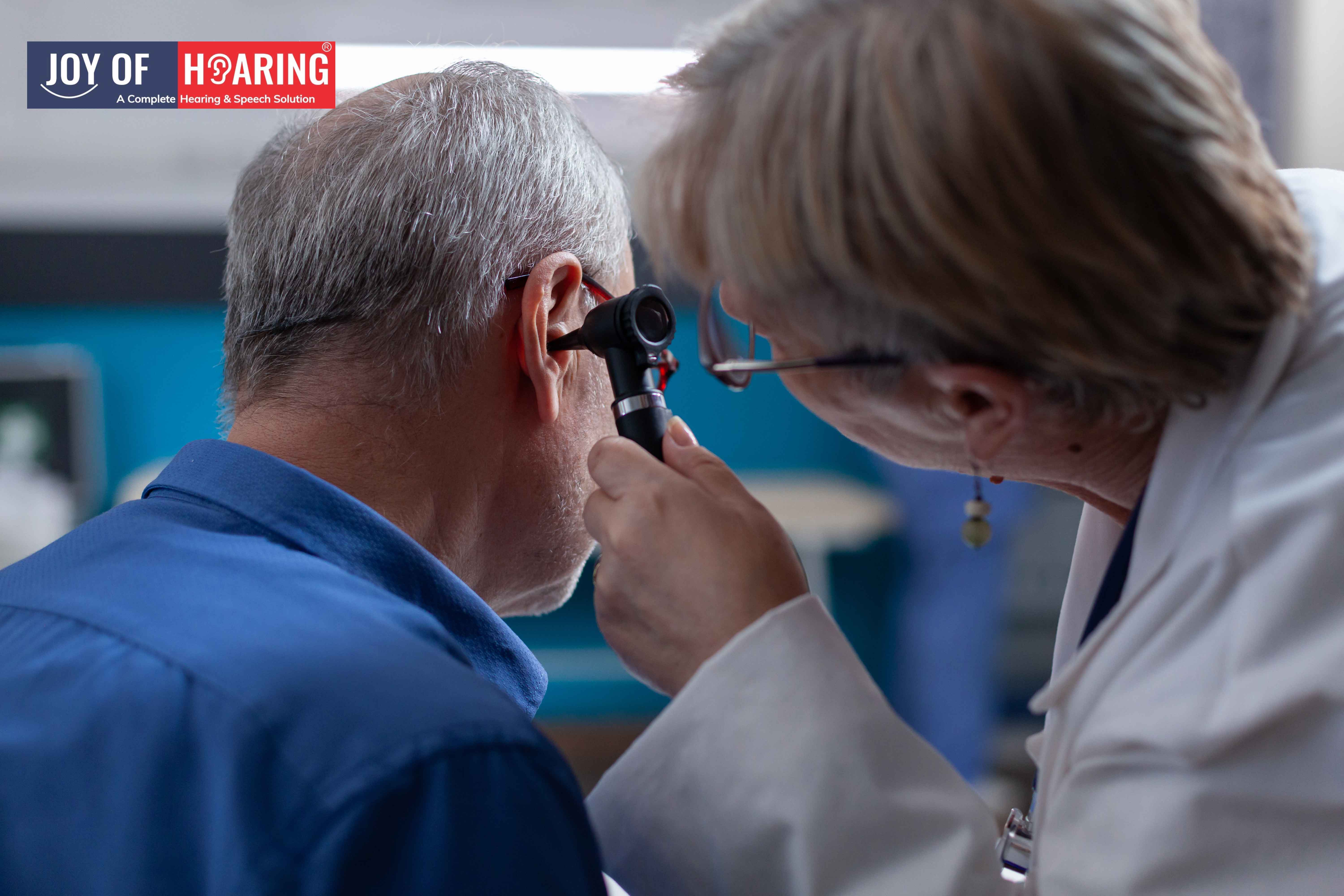
Sudden hearing loss can be a distressing and life-altering experience, impacting your ability to communicate and engage with the world. When faced with this challenge, understanding the available treatment options is crucial to restoring your hearing and improving your quality of life. In this blog, we’ll explore the various treatment options for sudden hearing loss, including medications, surgery, and rehabilitation, to help you make informed decisions about your care.
Treatment Options for Sudden Hearing LossMedications are often the first line of treatment for sudden hearing loss, especially if the cause is suspected to be inflammation or an autoimmune response. The primary types of medications used include:
These anti-inflammatory drugs, are commonly prescribed to reduce inflammation and swelling in the inner ear. They can help restore hearing if started early in the course of sudden hearing loss.
: If a viral infection is suspected to be the cause, antiviral drugs may be used to address the underlying infection.
In cases where fluid buildup is a factor, diuretics can help reduce fluid pressure in the inner ear.
Prompt administration of these medications can sometimes lead to significant improvements in hearing, particularly when initiated within the first few weeks of hearing loss.
In some instances, sudden hearing loss may be due to structural issues that require surgical intervention. Common surgical options include:
For severe cases where hearing loss is permanent and not responsive to other treatments, cochlear implants can provide a solution. These electronic devices are surgically implanted into the inner ear to bypass damaged hair cells and stimulate the auditory nerve directly.
If the hearing loss is caused by issues such as a perforated eardrum or ossicular chain problems, surgery may be required to repair these structures and restore hearing.
Surgical options are considered based on the specific cause of hearing loss and the individual’s overall health.
Rehabilitation plays a vital role in managing sudden hearing loss, particularly when hearing cannot be fully restored. Rehabilitation strategies include:
For those with residual hearing, hearing aids can amplify sounds and improve communication. Advanced hearing aids offer features such as noise reduction and Bluetooth connectivity to enhance the listening experience.
Auditory training programs help individuals adapt to their new hearing conditions by improving their ability to process and understand sounds. These programs often include exercises to enhance sound discrimination and speech comprehension.
In cases where hearing loss impacts speech development or communication skills, therapy can assist individuals in improving their verbal and non-verbal communication abilities.
Coping with sudden hearing loss can be emotionally challenging. Counseling and support groups can provide valuable emotional support and practical advice for managing the psychological impact of hearing loss.
Conclusion: Finding the Right Path to Hearing RecoverySudden hearing loss is a serious condition that requires prompt and effective intervention. Understanding the range of treatment options, from medications and surgery to rehabilitation, is essential for addressing the specific cause of hearing loss and improving your ability to hear and communicate. By exploring these options, you can work towards finding the best possible solution for your hearing needs and enhancing your overall quality of life.
Call to Action:If you or someone you know is experiencing sudden hearing loss, don’t delay in seeking help. Contact a healthcare professional or an audiologist to discuss the available treatment options and develop a personalized plan for recovery. Early intervention is key to maximizing your chances of restoring hearing and achieving a better quality of life. Reach out today to start your journey toward hearing restoration and improved communication.